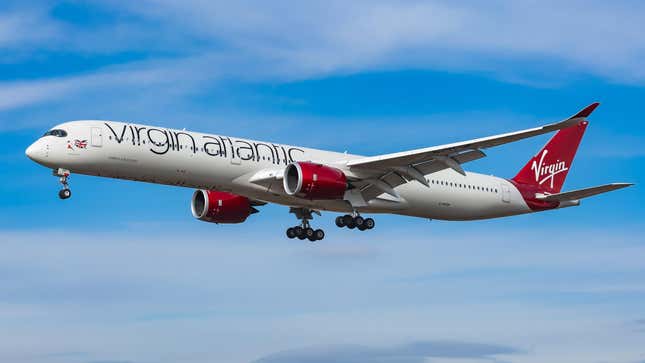
Virgin Atlantic and British Airways are the targets of formal complaints made to the Organization for Economic Co-operation and Development (OECD) over emissions reduction claims. British climate charity Possible and law firm Leigh Day are accusing both airlines of misleading customers over their progress to net-zero emissions operations. Possible also claims that the airlines’ sustainability push might be harmful to the environment.
Both British carriers have publicly committed to achieving net zero carbon emissions by 2050 as well as setting intermediate targets towards their ultimate goals. The climate charity believes that it’s crucial for customers to be informed that intermediate targets have been missed, the Guardian reports.
Commercial aviation accounts for two percent of global emissions, and its share is growing faster than any other form of transportation, according to the International Energy Agency. It has also been a difficult industry to move away from hydrocarbons because it’s not feasible to power an airliner electrically.
Possible also emphasized that sustainable aviation fuel (SAF) production at scale would likely be more environmentally destructive than conventional Jet A1 kerosene. Jet A1 and SAF produce the same tailpipe emissions when burned, with the environmental benefits intended to come for sustainable production. Possible states:
“For fuels derived from biomass, land is not available to produce crops for biofuels in sufficient quantities to power aviation without causing hugely damaging deforestation, which increase emissions and makes biofuels just as bad for the climate as kerosene, if not worse.”
Virgin Atlantic performed an experimental sustainable flight across the Atlantic earlier this week. The Boeing aircraft wasn’t entirely fueled with feedstock-derived fuel, instead mainly using cooking oil and animal fat. Commercial aviation could easily switch to using SAF, but there just isn’t enough of the fuel being produced to satisfy the needs of the entire industry. Airlines need SAF production to be ramped up, but it shouldn’t be done in a way that does precisely the opposite of their stated mission.

